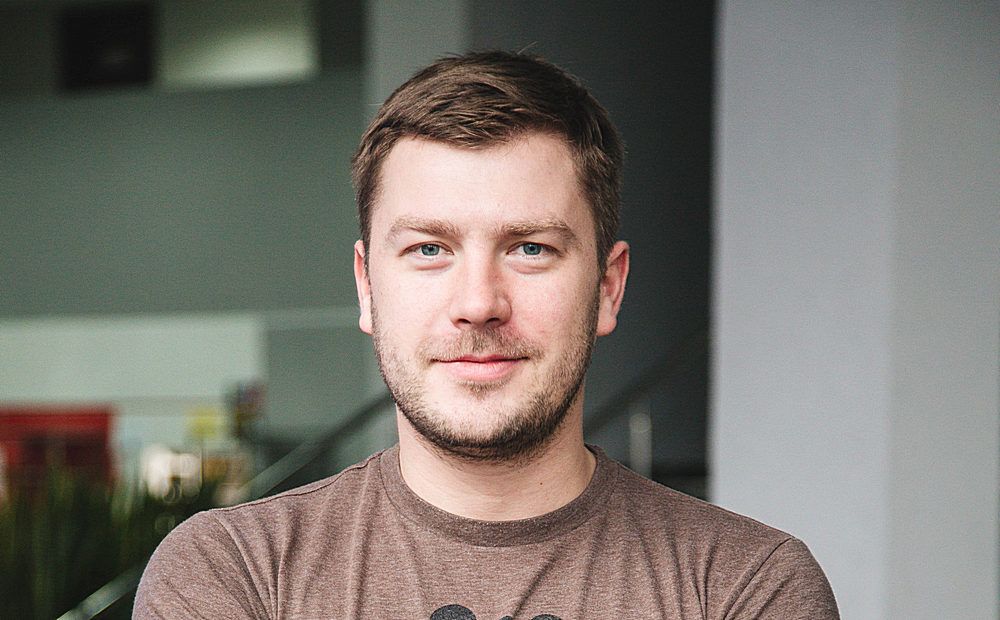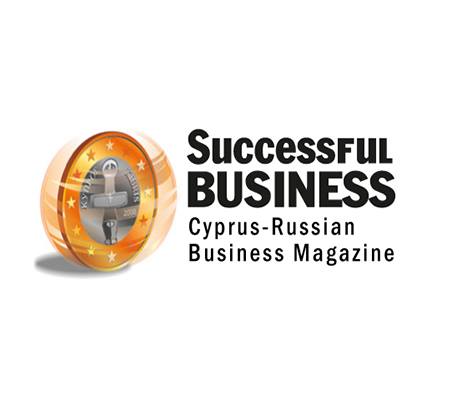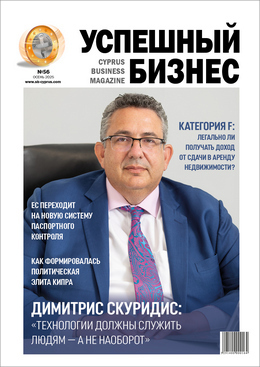The editors of Successful Business approached Andrei Yarantsau – investor and CEO of Melsoft Games – to talk about his career and future. Andrei is ready to invest in new games, so we asked him about the criteria for selecting projects and what he considers important when creating a new game.
Andrei, what sparked your interest in investing in the games industry? Tell us about your career journey and the experiences that got you where you are today.
It all started in 2008. I built a decent career in the IT before I started thinking about other opportunities. I almost went into investment banking, however, I decided to accept an offer from Nival Network gaming company, and the rest is history!
It was a time of tremendous expansion of online game publishers. We operated high-quality foreign games and built our own gaming social network – ZZima – while developing the online game Prime World. In just three years, we managed to build a business with a dozen games and approximately 2 million customers.
A new chapter in my work began in 2011, when I joined Wargaming. The company couldn’t find a publisher for World of Tanks. It is hard to believe now, but back then no-one thought that an online game with tanks would be popular, so the company asked me to be their game publisher. In the next four years, we released several new games, opened offices in more than 15 countries and held hundreds of events and tournaments around the world.
You’ve said 2014 was a turning point for you, what happened?
I learned about ambidextrous organizations in the LCOR course at Stanford. These companies are efficiently running huge operations, and at the same time they are exploring new directions via independent innovative structures. I wanted to apply this idea to mobile gaming in Wargaming and figure out how to create a game that becomes a hit and gets into the top grossing of mobile platforms.
Is Melsoft your most recent business venture?
Yes, Wargaming signed a deal with Melsoft in 2015, and that was the start of one of the most interesting times in my life. Over the next few years, we relaunched the Toy Defense game series, released My Cafe (the best restaurant business simulator on the market), and brought out our biggest hit Family Island (farming game with expeditions). The company has been constantly growing in terms of revenue and audience. As a result, in 2020, Melsoft was sold to an Israeli strategic investor for almost 200 times its initial valuation. This was a great achievement, something to be proud of for all leadership at Melsoft.
What projects are you working on today?
In 2022 the Melsoft’s lock-up period ends and I – along with my colleague and partner, Alex Shilyaev – are in the process of figuring out our next move. Casual and mid-core mobile games are what we are interested in, however, we don’t want to limit ourselves in any way.
When making an investment decision, there are a few things we pay close attention to:
• The game should start with casual mechanics and drag players to mid-core
• Long tail economics should be present
• The game should be able to set goals and sell “fun”
• The genre and game setting should be “evergreen”
• The game should not try to radically change the habits of the audience • The market niche for the game should be big
By the way, we would love to talk to people in the gaming industry who have similar interests. Especially, if there is already a game or a prototype that needs a little help to skyrocket. Please find us and connect via social networks!
What do you think is important for creating a successful game?
From a CEO’s point of view, it is important to choose the right business partner, build a strong leadership team, have a clear vision and strategy in place and regularly check on your KPIs to ensure you are on track.
I would like to share a few thoughts about choosing the right business partner. Firstly, I think the “captain’s deck” needs two partners. One person is too few to debate new ideas, while three is too many. Two is perfect.
Secondly, look for someone who is a part of the team but also has their own vision, broadening the overall picture.
Thirdly, your partner should be able to self-restore psychological stability and accept the imperfection of the world and the people around them.
Finally, you and your partner should share the same values, be curious with an open-mind and positive outlook and promote innovation by listening to your teams and their ideas.
It is known that many gaming specialists have relocated or are planning to relocate to Cyprus, but they also move away quite frequently. What drives their decision to move here, and what needs to be done to entice them to stay?
Over the past few years, I have often had to deal with relocation issues. Single employees and couples without kids are in the risk zone. In my experience, 20–30% of such employees may return home in two years’ time. I see two factors that influence their decision making. The first issue is a spouse/partner not being able to find a job and adapt to their environment. Fortunately, Cyprus has recently started giving work permits to spouses of relocated employees.
The second issue is the social pressure from family and relatives, who did not move. It is vital to include the possibility of also moving grandparents. However, it can be a challenge due to their age, health and language barrier, collecting the required documents, opening a bank account and dealing with the immigration processes. To continue building a successful gaming industry in Cyprus, I really hope the government takes into consideration streamlining the immigration system and supporting the smooth relocation of elderly family members. This will be one of the strongest stabilizing factors for relocated professionals.







